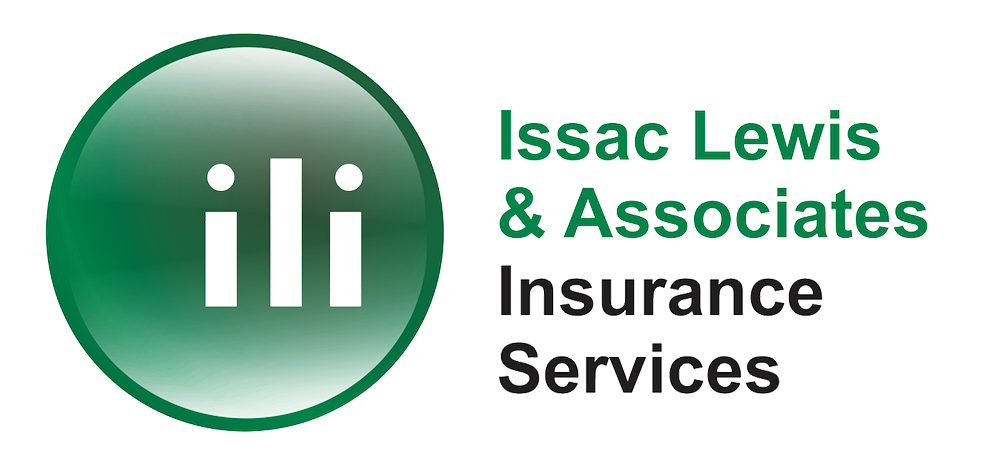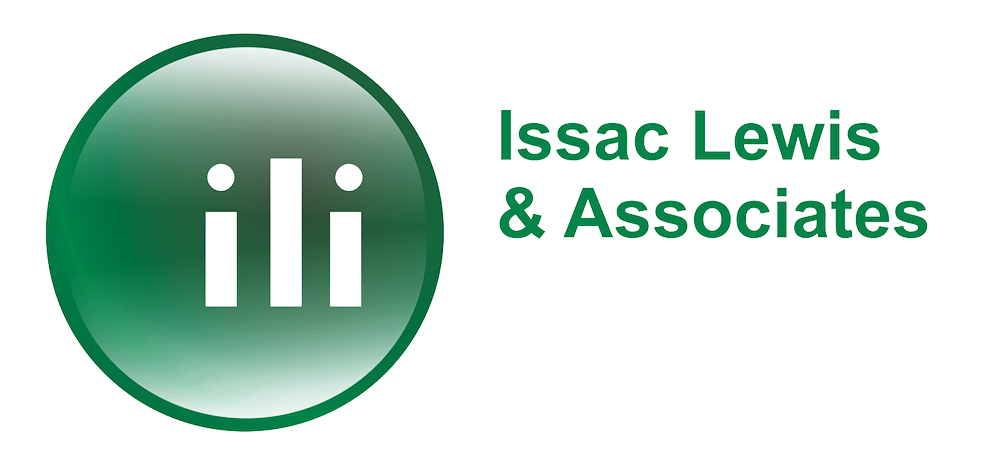Flexible Life Insurance Built for You
A universal life insurance policy provides all the features of whole life insurance, but with one key difference. Instead of the policy being locked in place with permanent premiums, policyholders with universal life insurance are able to change the premium and death benefit value without needing to set up a new account or facing consequences.

Like with whole life insurance, the premium paid by policyholders for universal life insurance does not go into one sole account. There is the life insurance account and then there’s the cash value account. This means a small portion of the premium goes toward a cash account every month. Cash accounts are investment accounts that live inside life insurance plans, where policyholders can withdraw money to cover estate taxes, university costs, retirement, and more. This plan provides the most flexibility and allows your savings to grow. Another draw of this type of plan is that once you have high enough funds in your cash value account, policyholders are able to begin paying their premium with this money. This means policyholders don’t have to worry about paying the monthly premium out-of-pocket, instead letting the accrued interest to do all the work. The drawback, however, is that universal life insurance plans are sensitive to market conditions, resulting in an inconsistent interest rate. This means, if the interest rate decreases to the minimum, your premium would increase to regulate the funds going into your cash value. Universal life insurance is best served to those with unpredictable or varying financial situations, since they can revisit the premium and death benefit value.

